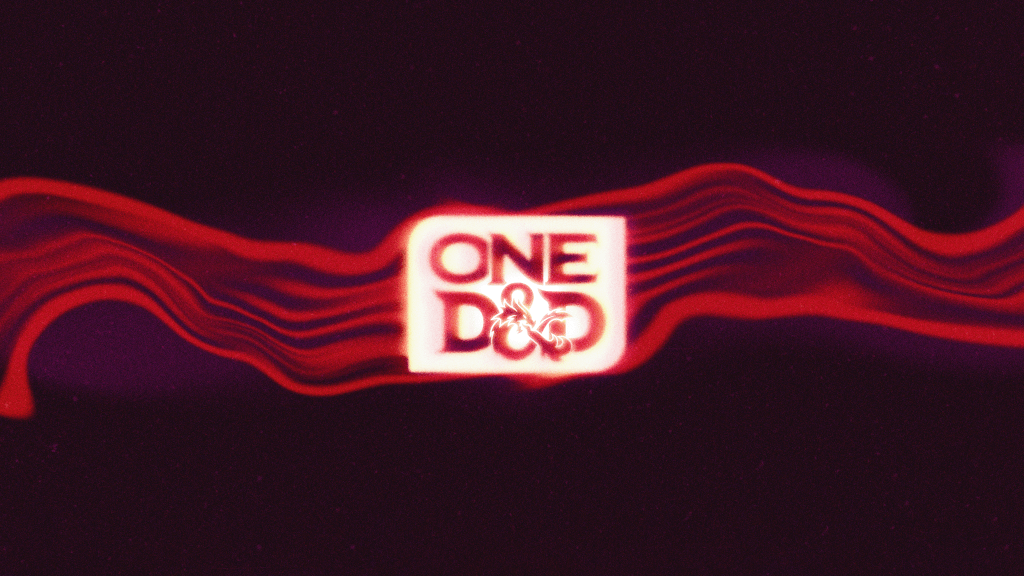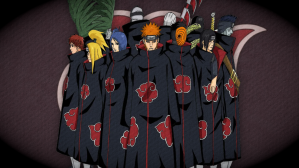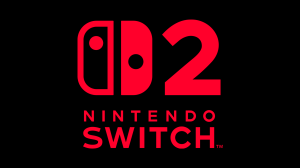Wizards of the Coast is launching a new version of Dungeons & Dragons in 2024, although the company won’t call it a new edition. Last week, Wizards of the Coast started its multiyear process of “evolving” Dungeons & Dragons through a series of open playtests. The new system, called One D&D, is built on the foundation of the game’s current Fifth Edition ruleset, but makes significant revisions to core rules such as what a Natural 20 does in the game. However, Wizards of the Coast refers to the new rules as an “update” to Fifth Edition or the “next generation” of Dungeons & Dragons instead of saying that they are building a new Edition of Dungeons & Dragons. This has led fans to wonder whether their rulebooks will still be valid and whether they’ll have to learn an entirely new set of rules when the game comes out in 2024.
Videos by ComicBook.com
The answer to whether One D&D is a “new edition” of Dungeons & Dragons ultimately lies in what you think a new edition of the game means. Wizards of the Coast frames One D&D as a tweaked version of 5E which codifies changes to rules started several years ago with the Tasha’s Cauldron of Everything book. Backgrounds have an increased emphasis in One D&D with Ability Score Increases, skill and tool proficiencies, and learned abilities all now tied to Backgrounds instead of a character’s race. For those following the trends in Fifth Edition, many of the changes made so far in One D&D are just continuations of the changes already in the works for several years.
While Wizards might call One D&D a “continuation” of Fifth Edition, the company is also proposing some major deviations from what fans are used to playing. Inspiration, previously a resource doled out solely by Dungeon Masters, now can be generated consistently by players by rolling Natural 20s or by playing as a Human character. As noted previously, critical hits are wildly different than they were before – only players can benefit from a critical hit and only when using weapon attacks or unarmed strikes. The damage dealt by critical hits have also received a major nerf – only the weapon dice is doubled by a critical hit.
Feats are also more important than ever. In Fifth Edition, feats varied wildly in strength and were optional to character builds. In One D&D, they seem to be more core to the experience. Every player gets a free Feat at Level 1 tied to which Background they picked. But players can’t pick any Feat – Feats have levels now, and players can only pick a Feat with a level that’s equal or lower to their character level. Recent Feat additions have also teased the return of Feat trees, which makes long-term character planning potentially even more important. The goal of many of these moves seems to make choices in character creation more impactful when playing the actual game.
Longtime Dungeons & Dragons fans are probably familiar with the revised Third Edition ruleset, popularly known as 3.5E. While Third Edition products were all technically backwards compatible with 3.5E, trying to use Third Edition rules for a 3.5E adventure would be awkward unless players were already intimately familiar with both systems. In essence, players could use both systems together, but players were meant to use 3.5E rules as they were a clear upgrade over what came before. Based on what the first playtest shows, One D&D seems to be an equivalent to 3.5E. Fifth Edition players will find the rules familiar at times, but there will likely be enough deviation that the experiences will not be the same. A familiar player should be able to adapt to the differences relatively easily, but they won’t be able to coast by with just their knowledge of what’s come before. Although the framework and basic mechanics of Fifth Edition is being maintained with One D&D, the new changes seem to be significant enough that players will need to reacquaint themselves about what those mechanics mean.
It’s premature to call the new Dungeons & Dragons rules a “new edition” without seeing the breadth and extent of the proposed changes. But One D&D is clearly more than an errata – it’s codifying shifts in how the game is played and making much needed changes to fix stress points that existed in Fifth Edition rulesets. While the formal naming conventions for D&D’s “next evolution” is still up in the air, One D&D’s initial impression is that of a Revised Edition akin to 3.5E – a game built upon the foundation of its predecessor but significant enough to offer a distinct unique experience.









